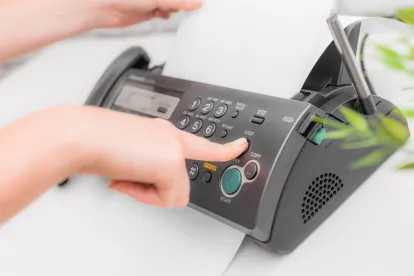The Eleventh Circuit recently affirmed the district court’s summary judgment ruling that a defendant’s calls did not violate the Telephone Consumer Protection Act (“TCPA”) because consumers cannot unilaterally revoke consent that was part of a bilateral contract.
In Medley v. Dish Network, LLC, No. 18-13841, 2020 WL 2092594 (11th Cir. May 1, 2020), Medley entered a two-year contract with DISH for satellite television services. As part of the service contract, Medley provided her cell phone number to DISH and expressly authorized DISH “‘to contact [her] regarding [her] DISH Network account or to recover any unpaid portion of [her] obligation to DISH, through an automated or predictive dialing system or prerecorded messaging system.’” Medley, 2020 WL 2092594, at *1. Approximately eleven months later, Medley temporarily suspended her service under an optional provision of the contract, which triggered a $5.00 monthly fee in lieu of service charges. Medley then underwent bankruptcy, which discharged approximately $800 that she owed to DISH. Following this discharge, DISH called Medley to recover outstanding fees accrued as a result of her temporary pause in service. In response to emails from DISH, Medley’s bankruptcy lawyer sent DISH faxes stating that the lawyer represented Medley with regard to her debts. DISH continued to contact Medley following these faxes.
The primary dispute is whether Medley had effectively revoked her prior express consent for DISH to contact her in a manner that allegedly violated the TCPA. The district court ruled, and the Eleventh Circuit affirmed, that she did not. These rulings relied on the Second Circuit’s prior ruling in Reyes v. Lincoln Automotive Financial Services, 861 F.3d 51, 56 (2d Cir. 2017). Under similar facts, the plaintiff in Reyes expressly consented to receipt of automated calls for debt collection and then subsequently tried to revoke that consent. The Second Circuit concluded that “the TCPA does not permit a party who agrees to be contacted as part of a bargained-for exchange to unilaterally revoke that consent.” Reyes, 861 F.3d at 56. Because the TCPA is silent on the question of revocation of consent, that ruling was grounded in common law contract principles related to revocation of legally-binding contracts. The Eleventh Circuit followed this same approach, finding that under the TCPA, a party cannot unilaterally modify an agreement and revoke their consent to be contacted.
To reach that conclusion, the Eleventh Circuit distinguished a prior ruling in Osorio v. State Farm Bank, F.S.B., 746 F.3d 1242 (11th Cir. 2014). The court stated that written contractual consent was not at issue in the prior decision; instead, that decision addressed “oral revocation of consent when given gratuitously in a credit application.” Medley, 2020 WL 2092594, at *6. This was an important distinction; whereas common law principles of consent apply if consent was provided gratuitously, common law principles of contract apply if it was provided contractually. And while the former allow a consumer to “orally revoke any consent previously given,” the latter do not. Id.
In sum, this decision clarifies the notion of consent under the TCPA as it relates to written contracts: if a consumer consents as part of a bilateral contract, that consumer cannot revoke that consent unilaterally.





 />i
/>i

